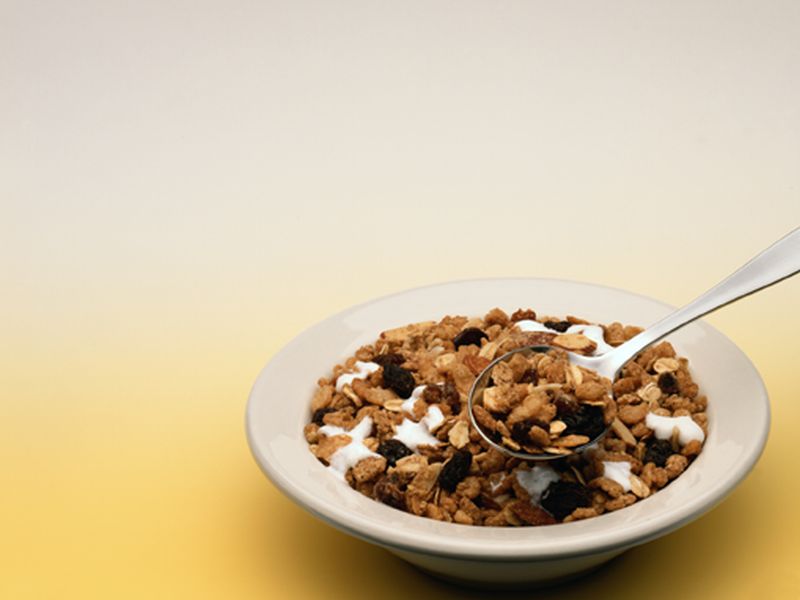
Friday, June 9, 2017

FRIDAY, June 9, 2017 (HealthDay News) -- Though tiny in size, flax packs a big nutritional punch.
These sesame-seed lookalikes are considered a functional food -- a food that goes beyond basic nutrients to provide health benefits and/or reduce the risk of chronic diseases, according to a report in the Journal of Food Science and Technology.
Flaxseed gets the nod because it's high in the omega-3 fatty acid A.L.A. plus phytochemicals called lignans, and fiber. It's great for heart and digestive health and to support the immune system. It may even lower cholesterol and possibly blood pressure in some people, researchers report.
With all that going for it, the question is how to get more flaxseed into your diet, especially since one tablespoon has a mere 37 calories.
First, to absorb all its nutrients, eat flaxseed in ground form, never whole. You can buy ground flax or, better still, buy whole seeds and grind them in a small coffee grinder right before you're going to use them. Keep flax in the fridge to extend its freshness.
Flaxseed has a nutty taste, making it a great topping for hot or cold cereal, yogurt and cottage cheese, even fruit. Try mixing flax into salad dressings or into mayo or mashed avocado for a sandwich spread. Add it to the batter for pancakes, cookies, muffins, breads and other baked goods. You can even blend it into a smoothie.
Start by adding 1 tablespoon a day to your diet and gradually work up to 5.
None
HealthDay
Copyright (c) 2017 HealthDay. All rights reserved.
News stories are written and provided by HealthDay and do not reflect federal policy, the views of MedlinePlus, the National Library of Medicine, the National Institutes of Health, or the U.S. Department of Health and Human Services.
- More Health News on
- Nutrition





























.png)











No hay comentarios:
Publicar un comentario